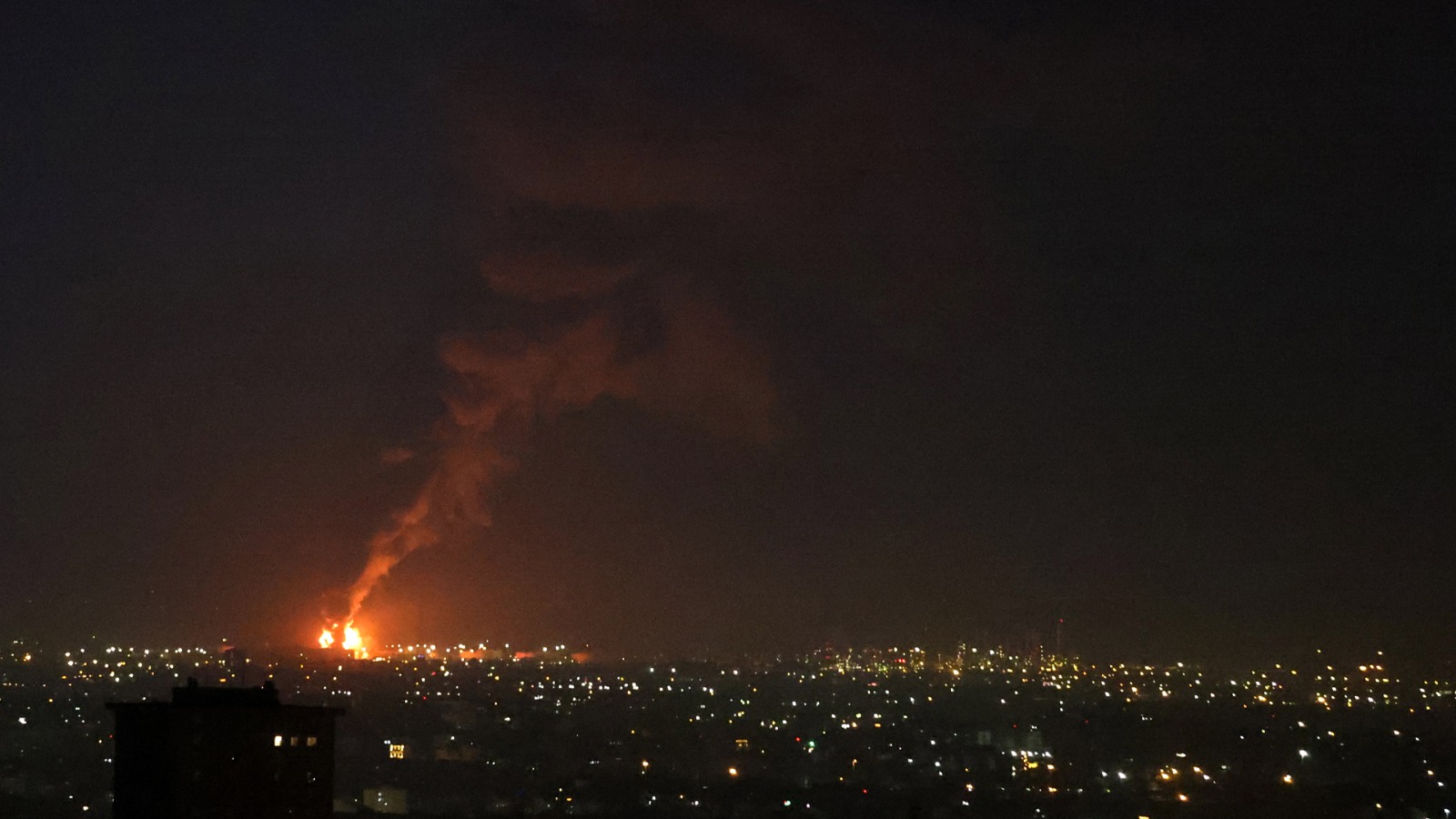IDF Confirms Strikes on Iran’s Ministry of Defense, SPND HQ
The IDF announced major airstrikes on Tehran, targeting Iran's nuclear weapons program, including key defense sites. Over 200 Israeli aircraft hit 100 locations. The IAEA confirmed damage at Natanz. Iran vowed retaliation, raising fears of broader conflict amid calls for renewed diplomacy.

By Kamaran Aziz
ERBIL (Kurdistan24) — The Israel Defense Forces (IDF) announced that it had completed a major wave of airstrikes targeting locations in Tehran connected to Iran’s nuclear weapons program.
In a statement posted on the IDF's official X account, the military confirmed that the strikes targeted several key facilities, including the Iranian Ministry of Defense headquarters and the headquarters of the SPND nuclear project.
According to the IDF, the operations also hit other undisclosed sites that were advancing the Iranian regime’s efforts to develop nuclear weapons and locations where the regime allegedly concealed its nuclear archive.
Israel has long considered Iran's nuclear ambitions a direct existential threat. Despite Tehran's consistent claims that its nuclear program is strictly for peaceful purposes, Israeli intelligence and previous operations have indicated otherwise.
This latest strike is part of a broader campaign that intensified following Israeli air and drone attacks launched on June 13, 2025, under what has been dubbed "Operation Rising Lion."
According to reports by the Associated Press and Reuters, the operation targeted nuclear infrastructure in Natanz, facilities near Fordow, and other strategic locations around Tehran. Over 200 aircraft were said to be involved in the operation, striking around 100 sites.
The International Atomic Energy Agency (IAEA) confirmed significant damage at Natanz, where Iran had been enriching uranium up to 60% purity—just short of weapons-grade levels. As reported by the BBC and The New York Times, this has raised fresh alarms within the international community, especially following the IAEA’s formal censure of Iran earlier this month—the first such rebuke in nearly two decades.
Additionally, the IDF claims the strikes targeted command centers and facilities that held Iran's nuclear weapons archive. These assertions echo earlier Israeli intelligence successes, notably the 2018 operation in which Mossad agents allegedly extracted a trove of secret nuclear documents from Tehran—a story widely covered and verified at the time by international outlets including The New York Times.
Casualties reportedly included several senior Iranian nuclear scientists and commanders, although specific details remain unconfirmed by independent sources.
Israeli officials argue that the strikes are intended to delay Iran's nuclear capabilities and deter further uranium enrichment. The Iranian government, meanwhile, has retaliated, increasing concerns over further escalation.
This confrontation unfolds amid an already strained diplomatic landscape, following the United States’ withdrawal from the 2015 Joint Comprehensive Plan of Action (JCPOA). Since that time, Iran has steadily increased uranium enrichment and curtailed cooperation with IAEA inspectors, as outlined in recent IAEA reports and widely covered by international media.
The global community remains on high alert as both nations signal readiness for further military action, while some diplomatic voices continue to urge a return to negotiations over Iran’s nuclear program.
